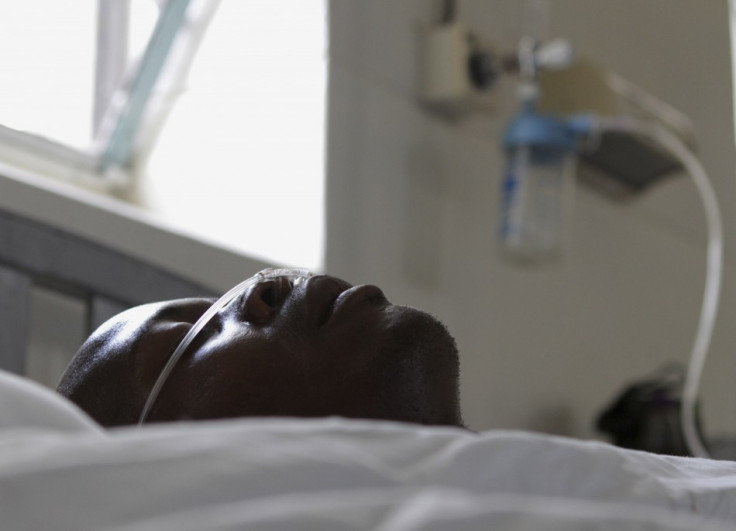Medical Errors Endanger Patients in Developing World

Medical mistakes pose a major risk to hospital patients in the developing world, a study claims.
Published in the BMJ, the study found that inadequate training or failure to follow proper medical procedures can lead to more than one death a day in hospitals in developing countries.
The researchers, from the New York City Health and Hospital Corporation, looked at patients in 2007 from 25 hospitals across eight countries: Egypt, Jordan, Kenya, Morocco, Tunisia, Sudan, South Africa and Yemen.
They found that the implementation of health care itself was a significant enough factor to be considered a "major public health problem".
During the period under study, 5,500 "adverse events" - unintended injuries which caused a permanent injury or death - were recorded, of which 83 percent were preventable. A third of the events were associated with the death of a patient.
The study suggests a change in priorities toward training staff, rather than continuing to follow the traditional focus of providing more staff and equipment to developing countries.
"Unsafe patient care represents a serious and considerable danger to patients in the hospitals that were studied and, hence, should be a high priority public health problem," the authors concluded.
"Prevention of these adverse events will be complex and involves improving basic clinical processes and does not simply depend on the provision of more resources."
© Copyright IBTimes 2025. All rights reserved.





















